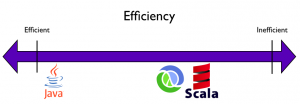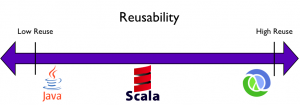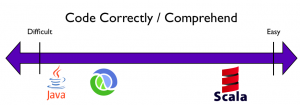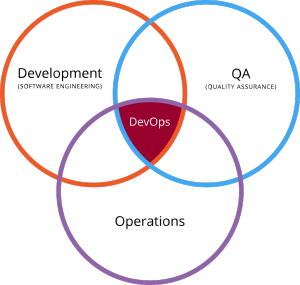Enterprise Software Development: 5 Hot Trends to Watch-out
The only constant thing in today’s world is change. Enterprise software is likewise going through a major churn, to reflect changes in the wider ecosystem.
Until not too long ago, enterprise software development took a rigid and predictable model of requisitioning-requirements gathering-code writing-testing-delivery. The end product, which often took months or even years to develop, was delivered through desktops and laptops. Many enterprises, risk-averse as they are, stuck on to such time-tested formulas. However, the times they are a-changing and enterprises soon began to find out the hard way that who do not change inevitably find themselves “drenched to the bone,” if they aren’t already.
1. Enterprise Software is Becoming Lean, Mean, and Fast
Competitive pressures force today’s businesses to become lean and mean. The fast-paced business environment also raises the need for speed. Businesses are now hard-pressed to take decisions, to take advantage of an opportunity during the short window while it lasts. Likewise, businesses have no option but to be flexible and agile, to seize opportunities in the way it comes, and to please highly demanding customers. Unless the enterprise software, on which business processes and workflows run, are itself is not agile and seamless, businesses cannot position itself to be agile.
Today’s enterprise software seeks to leverage the power of simplicity. However, the need to deliver a simple front end, while ensuring the software is power-packed, often results in a complex backend. The wide range of emerging technologies both in the development and delivery process facilitates the reconciliation. A case in point is the emerging Docker technology that enables developers to create code that can run in their own containers, making the apps nimble.
Today’s enterprise software users are also far less tolerant of bugs and inefficiencies in software applications, and expect developers to implement fixes, and roll out updates rapidly.
2. Functional Programming is Gaining Centrestage
The high velocity of change forces IT leaders to innovate. One innovation that has caught on and now become the norm is functional programming. Many enterprises now build several small software components using functional components, and then architecture systems out of many such small software components
With the focus on speed and ease, enterprise apps are now becoming highly focused, including only what is really required, doing away with the frivolous. Instead of a single bloated one-size-fits-all enterprise app or software, enterprises are developing specific apps for specific functions. Tying the different front end apps together is a cloud-based backend and database, to which the apps sync seamlessly.
There is a new approach to the nature and structure of coding enterprise software as well. Developers are also abandoning the lengthy process of collecting specs and rather going ahead with a project through a new Minimum Viable Product (MVP) approach. The MVP may be regarded as a “lite” version of a feature concept, requiring just a fraction of the time that it takes to build the full feature. After releasing the MVP product and gathering feedback, developers upgrade it to a full blown version.
Time tested procedural programming languages such as C and Java still retain their dominance, but new functional programming languages such as Scala, Erlang and Clojure,noted for the power, are fast gaining ground.
3. The Rise of Collaboration
Enterprise software is increasingly becoming business driven by business users, rather than tech-heavy. While hitherto businesses adjusted their processes according to what the tech team dished out, today business managers are key stakeholders in the development process.
A trend fast gaining ground is DevOps, a spin-off from the time-tested agile and lean methods of software delivery. DevOps basically entails bringing together a cross-disciplinary community, who build and evolve highly flexible and resilient systems. The different stakeholders associated with enterprise software, including coders, operations engineers, managers, and others come together and involve in all stages of application development, right from design to testing.
4. Enterprise Software is Becoming Analytic Heavy
Today’s businesses are increasingly becoming data driven, and facilitating the trend is big developments in deep learning and analytical capabilities.
Most enterprise software today come with built-in analytic capabilities that allow users to scour available data and generate customized reports, on-the-fly. Technologies such as Apache Spark enable businesses to develop machine learning capabilities more easily than before.
However, the successful application of analytics to crunch data requires contextual analytics. In other words, enterprise software developers need to ensure the application of analytics to data is based on a deep contextual understanding of what is relevant. Human judgment may work in some ad-hoc cases, but has its limitations, and in any case, impedes seamless operations. There is no workaround to develop a working contextual awareness model for data analytics.
5. The Cloud, Mobility, and Security
The two big changes in recent times, the cloud and mobility have its impact on enterprise software as well. While some enterprises still run enterprise software applications on in-house servers, more and more enterprises are migrating to the cloud, and opting for the SaaS model. SaaS ensures greater flexibility, anytime, anywhere availability, and lesser total cost of operations (TCO.) SaaS also facilitates mobility, or delivery of enterprise apps through mobile apps, which is now indispensable considering the prevalence of a highly mobile workforce and the need to remain connected at all times.
However, the cloud, the mobility, and the Bring your own device (BYOD) programs raise the stakes of security. Enterprise software developers are smartly but slowly realizing the need to develop robust code and plug vulnerabilities that prevent debilitating attacks from malicious intruders, both internal and external, out to steal confidential data, intellectual property, and trade secrets.
Enterprise software development is now evolving into a continuous process, a distinct shift from a one-off project approach. In this constant battle to stay relevant and stay secure, your in-house IT teams, who has more pressing priorities, is sure to be swamped. Partner with us if you want to leverage the skill sets of our highly talented and resourceful team of developers, backed up by our experience in delivering hundreds of powerful and customized enterprise apps.
Stay up to date on what's new

Recommended Posts
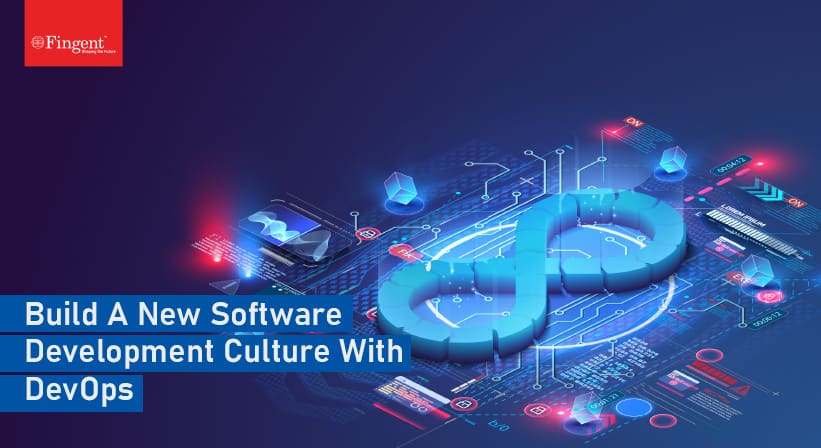
16 Sep 2021 Manufacturing Retail
DevOps: Building A New Culture Of Software Development And Delivery
The pandemic has derailed the global economy, impacting businesses across the world. If organizations wish to keep up with the lightning pace of app and platform improvements while staying cyber……

25 Jun 2021 Logistics
Software Development Outsourcing Guide for CEOs – Fingent
Outsourcing Software Development In 2024: Ultimate Guide Let’s Discuss Your Project Table of Contents Introduction What is Software Development Outsourcing? What Kind of Software Development Services Can You Outsource? Why……
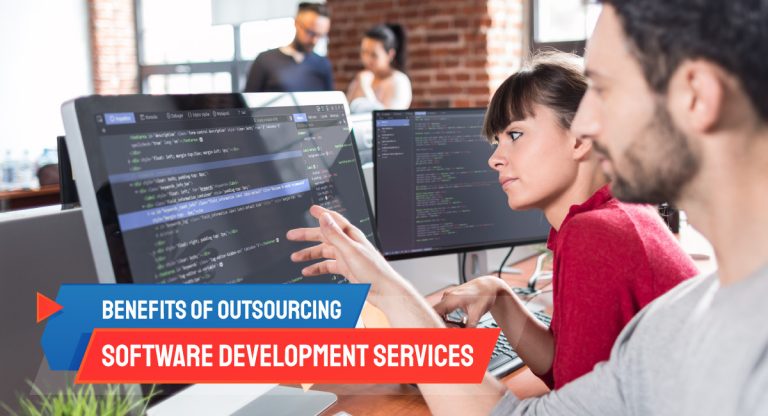
30 Mar 2020
Why Software Development Outsourcing is a Smart Move Now
Top 5 benefits of outsourcing software development services Software development outsourcing is empowering companies worldwide, including the most successful ones across their journeys. Leading players like Google, WhatsApp, Slack, and……

20 Dec 2017 Media
6 Trends in Customer Experience for Enterprises in 2025
In today’s age of hyper-competition, businesses need to focus their systems on the customer. A critical area of focus is business software. Much of business software hitherto focused on internal……
Featured Blogs
Stay up to date on
what's new



